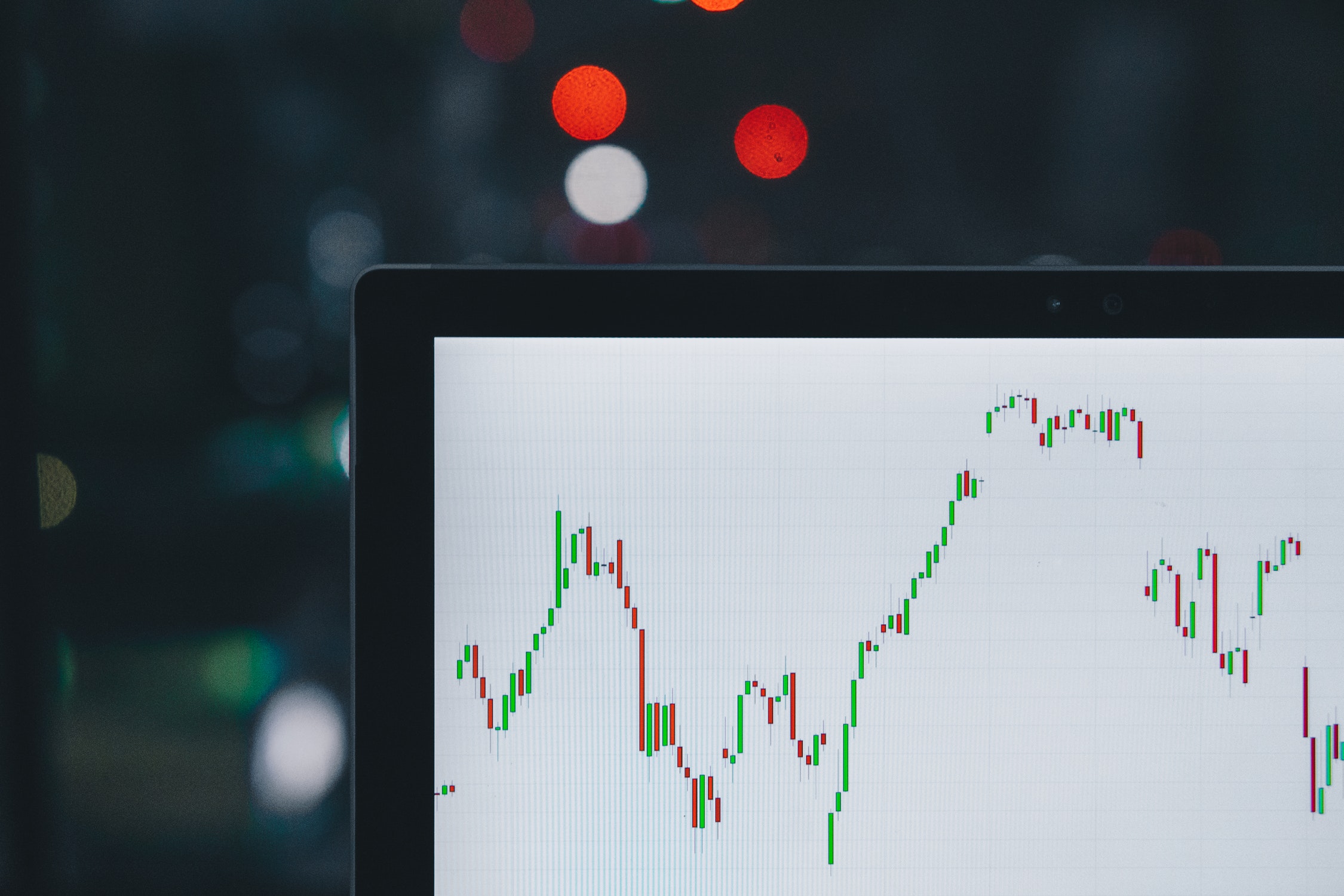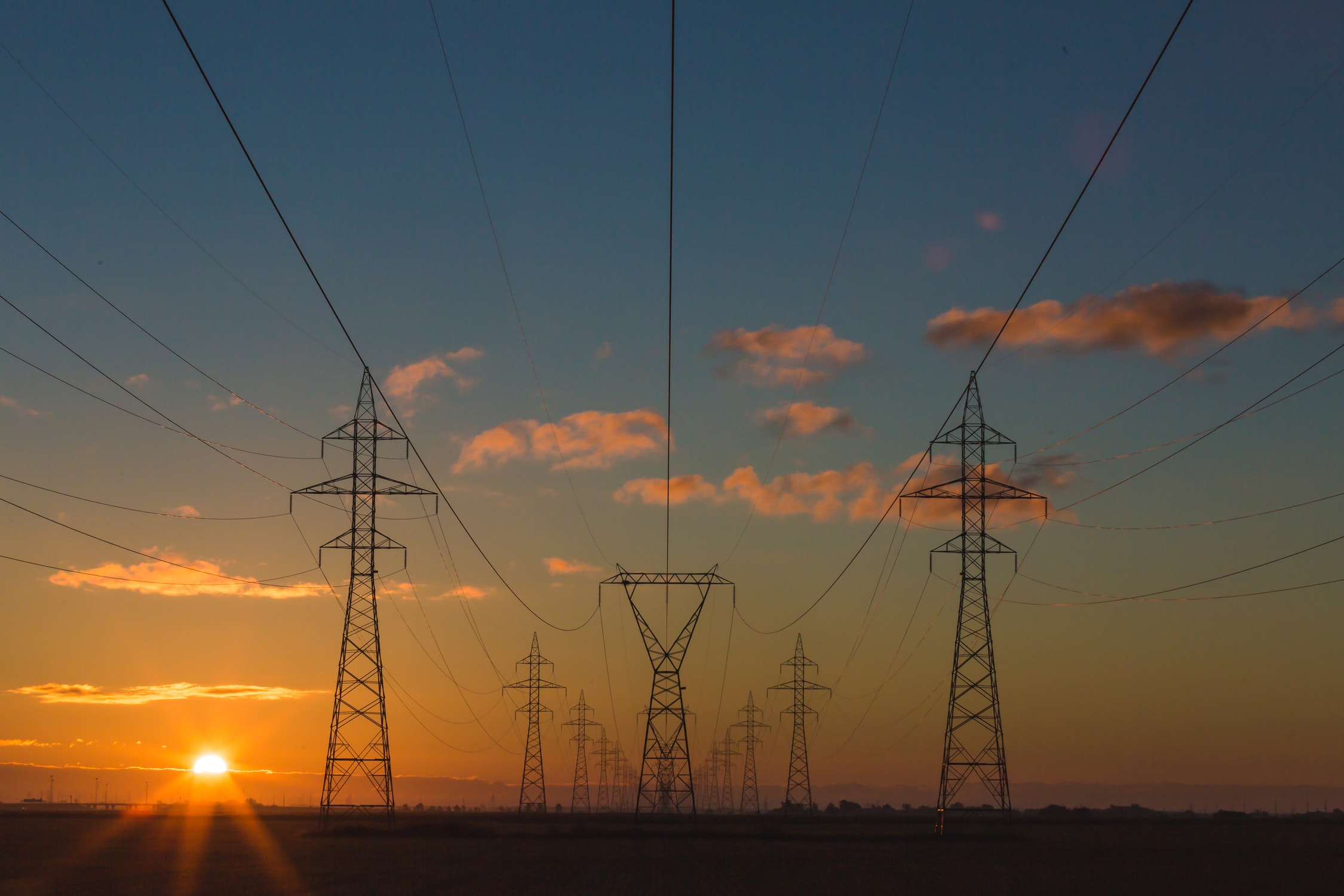Project Description
Energy
Blockchain technology can improve the overall efficiency of energy markets and thereby help to reduce waste and pollution. The main potential lies in decentralizing the markets and in incentivizing market participants to flatten peaks of energy demand and supply. A blockchain-based smart grid in combination with real-time auctions and smart meters is key to this ambitious endeavor.
In a free energy network, providers must flexibly react to the temporal fluctuations in demand. The required balancing power trades at very high prices, especially for short-term fluctuations. The inefficiencies of this process can be drastically reduced by involving all consumers in the short-term balancing of energy load and supply. By combining three new technologies – smart meters, blockchain and real-time auctions – an integrated and standardized energy market can be created. Its underlying price mechanism offers all consumers the incentive to participate in the task of balancing the demand and supply of energy. As a result, less balancing energy is required to ensure security of supply, reducing cost and environmental impact.
An integrated and standardized energy market offers enormous efficiency potential compared to the status quo. With a variable price that reflects the current demand and supply of energy, consumption incentives can be effectively shifted – for example, into the night, when energy is cheaper. Additionally, variable prices offer better incentives for intelligent energy storage systems that absorb energy when it is abundant and therefore cheap and feed it back into the system in times of scarcity and high prices. In conjunction with the blockchain, potentials for load shifting and energy storage can be lifted in a decentralized way. The corresponding components of the system could be controlled remotely and automatically via the blockchain.
Using blockchain technology and smart meters, an owner of an electric car can connect their battery to the blockchain, whereupon the car automatically buys and sells (or stores and delivers) energy when not in use. How much battery capacity to use for this purpose is easily determined by a blockchain-based smart contract, which can for example stipulate that the battery is always charged to at least 50 percent. This concept can be applied to any electrical storage device and to any device whose energy use is variable over time. The only limit is imposed by transaction costs, which imply that this use case is currently arguably feasible mostly for (large) business customers.
Irrespective of the benefits mentioned above, an energy market that is integrated via a blockchain and smart meters faces a number of obstacles, for example:
- The rise of new business models implies the demise of old ones, so opposition may be expected.
- Existing appliances, especially in households, are typically not yet compatible with such a system, and replacing them is usually not worthwhile.
- Consumers are skeptical about sharing their consumption data.
In the short term, therefore, the integration of the entire market is unrealistic. However, we are confident that continuous research can yield a gradual introduction of elements that will alleviate some of the obstacles and bring us closer to an integrated energy market.
Potential research topics:
- How can blockchain be used to create local energy markets with local energy prices to give efficient incentives to manufacturers?
- How can blockchain be used to create temporal energy markets with flexible pricing to create efficient incentives for energy suppliers and consumers to react to actual supply and demand of energy?








